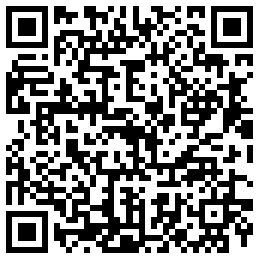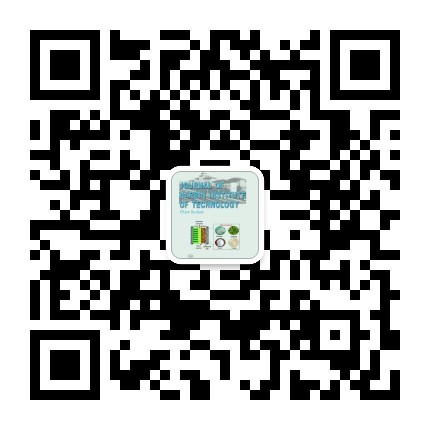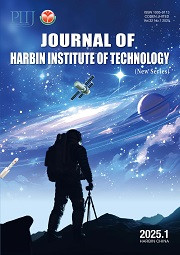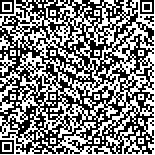| Author Name | Affiliation | | Ran Xie | School of Astronautics, Beihang University, Beijing 100191, China | | Ting Song | Shanghai Institute of Spaceflight Control Technology, Shanghai 200233, China
Shanghai Key Laboratory of Aerospace Intelligent Control Technology, Shanghai 200233, China | | Peng Shi | School of Astronautics, Beihang University, Beijing 100191, China | | Yushan Zhao | School of Astronautics, Beihang University, Beijing 100191, China |
|
| Abstract: |
| A model-free adaptive control method is proposed for the spacecrafts whose dynamical parameters change over time and cannot be acquired accurately. The algorithm is based on full form dynamic linearization. A dimension reduction matrix is introduced to construct an augmented system with the same dimension input and output. The design of the controller depends on the system input and output data rather than the knowledge of the controlled plant. The numerical simulation results show that the improved controller can deal with different models with the same set of controller parameters, and the controller performance is better than that of PD controller for the time-varying system with disturbance. |
| Key words: model-free adaptive control spacecraft attitude control dimension reduction matrix time-varying system |
| DOI:10.11916/j.issn.1005-9113.2016.06.009 |
| Clc Number:V448.22 |
| Fund: |






